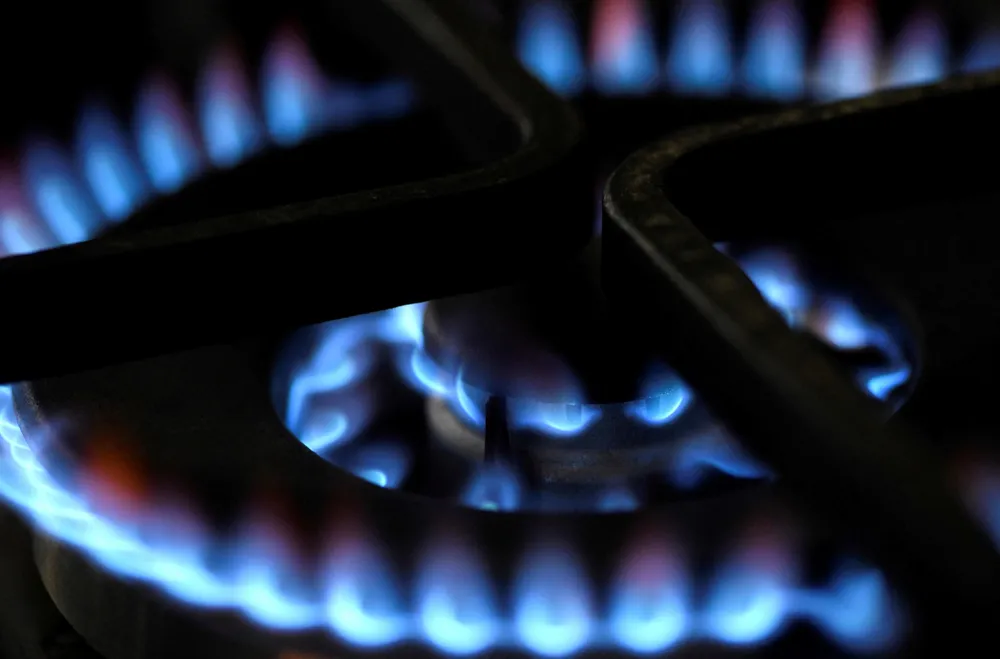New gas investment does not have to be a threat to energy transition
Policy adjustments are urgently required in Europe and Asia to inspire lost confidence in natural gas

Policy adjustments are urgently required in Europe and Asia to inspire lost confidence in natural gas
